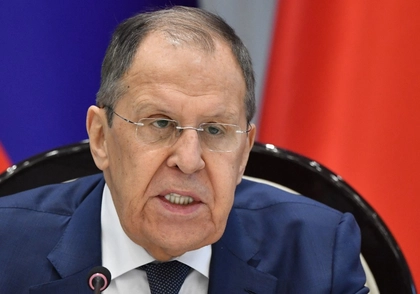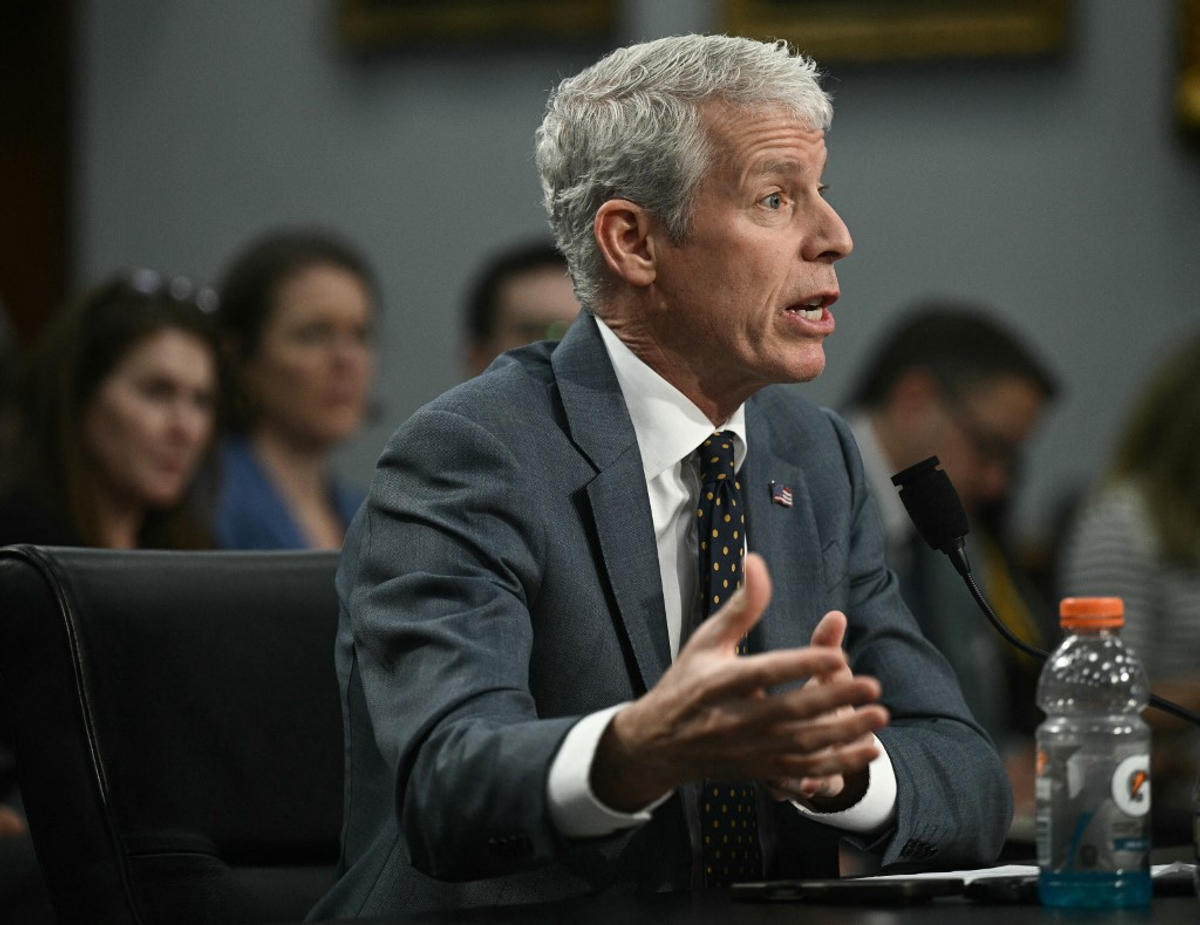US Energy Secretary Chris Wright said on Thursday that reducing Russia’s natural gas sales to Europe is the “most immediate hammer” that Washington has to use on Moscow in order to end the war.
Speaking in an interview, Wright said that cutting Russia’s gas exports is easier than targeting its oil, since transporting gas requires huge specialized pipelines and liquefied natural gas (LNG) terminals and tankers which do not lend themselves to smuggling.
Follow our coverage of the war on the @Kyivpost_official.
“Natural gas is one that’s easier,” the Energy Secretary said in quotes cited by Reuters. Referring to Russia’s five pipelines that go to Europe, he added: “You stop the gas sales going out of those five pipelines coming into Europe to zero, [Russia is] not going to get that revenue.”
Wright’s remarks came as US President Donald Trump laid the pressure onto NATO countries to stop using Russian oil and gas.
In the first UN address of his second term, the US President described it as “embarrassing” that Europe is “buying oil and gas from Russia while they’re fighting Russia.”
Wright said that a recent trip he made to Europe aimed to assure the EU that US LNG exports can support them to phase out Russian gas.
“Today we can fill that hole,” he said. “We can supply all the gas that currently comes from Russia. That one’s actually achievable now.”

Other Topics of Interest
Lavrov: NATO, EU Have ‘Declared War’ on Russia
The foreign minister’s remarks came as Russian Ambassador to France Alexei Meshkov said that shooting down Russian aircraft in NATO airspace would amount to an act of “war.”
Wright also touched on India and China, both of which have come under fire from Trump for purchasing Russian oil.
It was previously reported that Trump had pressed G7 countries to follow his lead by imposing high tariffs on China and India in order to force the Kremlin to the table for peace talks with Ukraine.
“China’s enabling of Russia’s war, we don’t like that. There is constant dialogue with China,” Wright said. “I think you will see elevated dialogue with China going forward.”
US tariffs of 50 percent on many Indian products took effect on Aug. 27, leveraged as Trump sought to crack down on New Delhi for buying Russian oil – though India has resisted pressure, saying it will continue to purchase the discounted oil despite this.
On India, Wright said: “We’ve tried things about how can we stop India from buying Russian oil, but it’s hard to do.”
